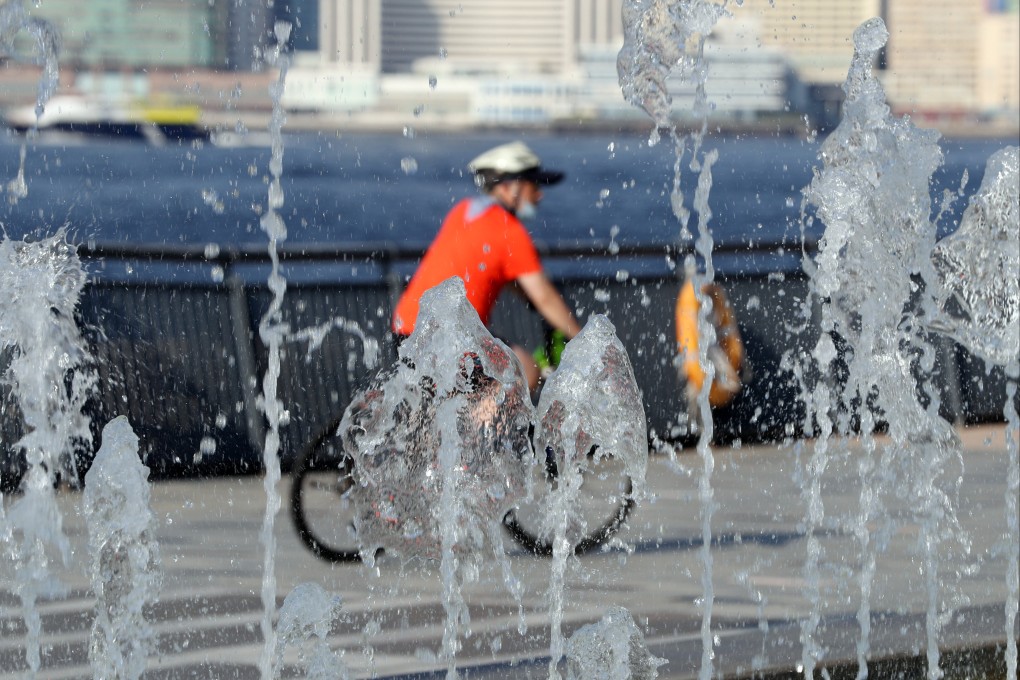Advertisement
Four eco-friendly Hong Kong businesses that will keep you cool all summer
- Hong Kong had the hottest July on record with an average temperature of 30.3 degrees Celsius
- From craft beer brewed from stale bread to coffee served in edible cups, local businesses are doing their bit to reduce the impact of climate change
Reading Time:2 minutes
Why you can trust SCMP

The scorching weather in the city throughout July broke 11 records. The average monthly temperature of 30.3 degrees Celsius (86.54 degrees Fahrenheit) was the highest on record, according to the Hong Kong Observatory.
Experts have warned that heatwaves are only going to become more common because of climate change.
In recent years Hong Kong entrepreneurs have taken a proactive approach to reduce emissions and recycle waste in a bid to protect the environment.
Advertisement
Here is a list of businesses whose drinks you can enjoy during this searing summer, while also limiting the impact on the environment.
Breer
Advertisement
Advertisement
Select Voice
Select Speed
1.00x
